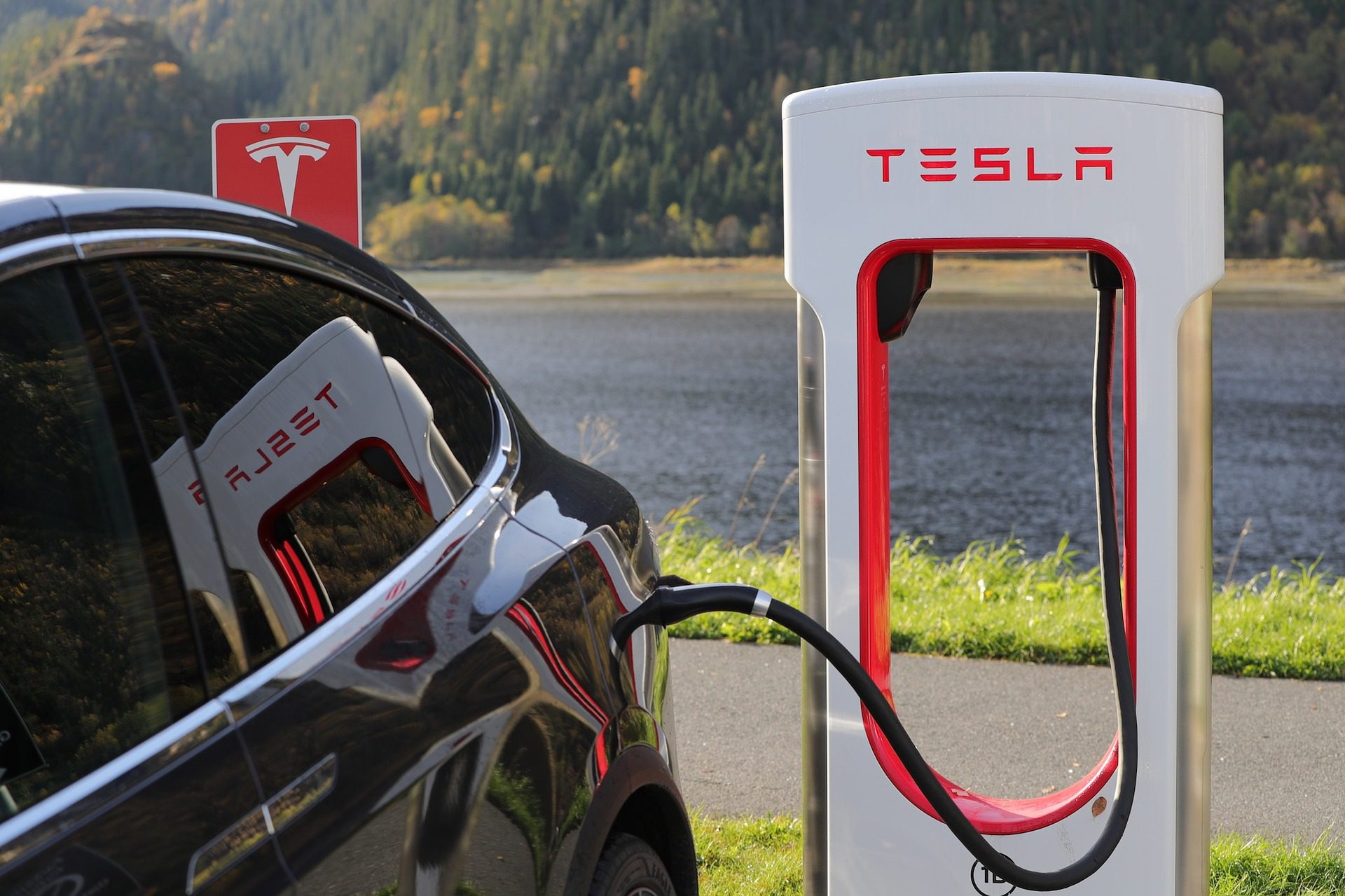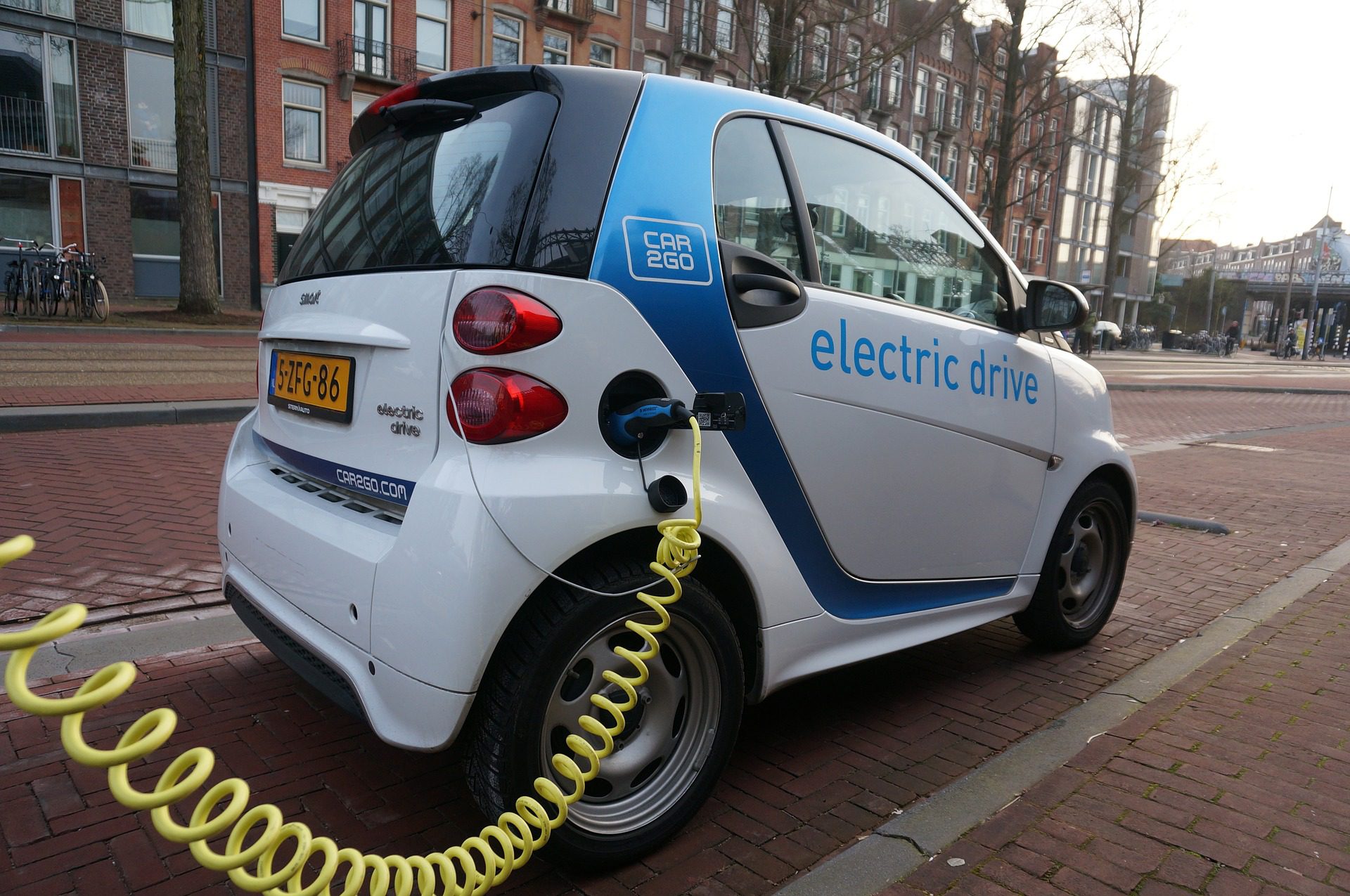Experts believe that in a period of five years, the world will probably be electric. All nations seem to be making this shift because the future of driving now lies in electricity.
Why so? Well, with the world’s thirst to protect the environment and eliminate pollutants, cars that run emissions-free and have no exhaust pipes are now here with us. With the advent of electric car technology, it’s time you considered the benefits of having an electric car as compared to the traditional gas car. Since gas cars have been around for the longest time and you probably have vast knowledge on the same, it is crucial to also get the new and latest information on the new technology. This will majorly help in deciding what best suits you. Let’s have a look at electric cars vs. gas cars and how green the first is.
-
Maintenance

How many times have you had to visit your mechanic? Many I suppose; the good news with electric cars is that you may not encounter the same problems with them such as emissions checks, oil changes, spark plug replacement, or fuel filters; these are associated with an internal combustion engine. Also, brakes may need to be changed less often as compared to gas cars. Electric cars have regenerative brakes that involve converting energy into electricity for car battery recharging by recapturing the energy as the car slows down. This reduces the number of times these brakes are changed. Thus, the maintenance costs of electric cars are lower than the of traditional gas cars.
-
Energy efficiency

Electric cars save energy at low speeds and in circumstances where cars change driving dynamics. This makes electric cars more fit for urban areas as compared to gas cars. Despite the method used to generate electricity, electric cars are cleaner than gas cars. Emissions from extracting crude oil contribute to the movement of a gas car whereas electric cars involve power plant emissions that are safe and free from carbon. Compared to gas cars, they emit fewer emissions by 50 percent.
-
Car collection

In the market today, there are about 30 electric models such as the Tesla Model S. Manufacturers are putting measures to have a complete shift to electrical technology.
Electric cars constitute about 1% of the automobile market.
Currently, most manufacturers are producing hybrid models, constituting both gasoline and electric cars. Most brands such as Volvo target to go electric by 2019 and so are other brands. Electric cars constitute about 1% of the automobile market.
On the other hand, gas cars have been on the market for about 100 years. There are multiple models to pick from. However, gas cars may be on the verge of falling apart, as most manufacturers are now adopting electric technology.
So how green are electric cars?

There are people who argue that perhaps electric cars produce more greenhouse gases than gas cars, especially if you consider the entire process of producing the car from the mining process of the products of the battery to the process of generating electricity. However, electric cars do not produce a single emission when moving.
Electric energy is produced by nuclear power plants (USA), coal (Germany), and natural gas (Holland). Countries differ in terms of the products used in generating electric energy. However, globally, all-electric cars such as Tesla use renewable energy. It does not run on air but rather on electricity.
When measuring emissions from a Tesla against those of gasoline cars, there is a need to look at the overall structure of the electric grid which constitutes:
- 40%- coal
- 25%-natural gas
- 20%-nuclear power
- 10%- renewable sources
Therefore, a Tesla is powered by electricity from fossil fuels. However, despite this, Tesla cars are cleaner than gasoline cars. This is because stored energy is converted into forwarding progress.
Emissions matter

When cars are involved, carbon dioxide emissions are the main contributor to the greenhouse effect and they are mainly measured from what comes out of the exhaust pipe.
Thus, electric cars are greener because they do not have exhaust pipes. Nevertheless, there is a need to look at the emissions produced in the overall car production and researchers are still looking at it.
All the same, various studies have reported that an electric car emits half the emissions produced by gas cars and this is a positive impact on the environment.
With no emissions, electric cars will largely reduce global warming, a major climatic problem facing the world.
There is great potential to improve how electricity is produced as well as how electric batteries are made. The whole idea is to put up measures that can clean the electricity grid so that clean energy can be produced leading to more green energy.
Electric Cars Vs Gas Cars FAQs
Is a gas car better than an electric car?
There is no definitive answer as to whether a gas car is better than an electric car, as it depends on various factors such as personal preferences, driving needs, and environmental considerations. Gas cars are more established and have a well-established refueling infrastructure, while electric cars offer benefits such as lower emissions and potentially lower operating costs.
What are 3 disadvantages to an electric car?
Three disadvantages of electric cars include limited driving range, longer refueling time compared to traditional gas cars, and the relatively higher upfront cost of purchasing an electric vehicle. However, it is worth noting that the driving range and charging infrastructure are continually improving, and the long-term cost savings of electric cars can offset the higher initial investment.
Will electric cars be faster than petrol?
Electric cars have the potential to offer impressive acceleration due to the instant torque provided by electric motors. In some cases, high-performance electric cars can outpace their gasoline-powered counterparts in terms of acceleration. However, top speeds may still be higher for some gasoline-powered sports cars. It's important to consider that the performance of electric vehicles continues to improve as technology advances.
How are electric cars better?
Electric cars offer several advantages over traditional gas cars. They produce zero tailpipe emissions, which helps reduce air pollution and greenhouse gas emissions. Electric cars also have lower operating costs, as electricity is generally cheaper than gasoline. Additionally, electric vehicles require less maintenance due to their simpler drivetrain and fewer moving parts. As renewable energy sources become more prevalent, electric cars can contribute to a more sustainable and cleaner transportation system.





